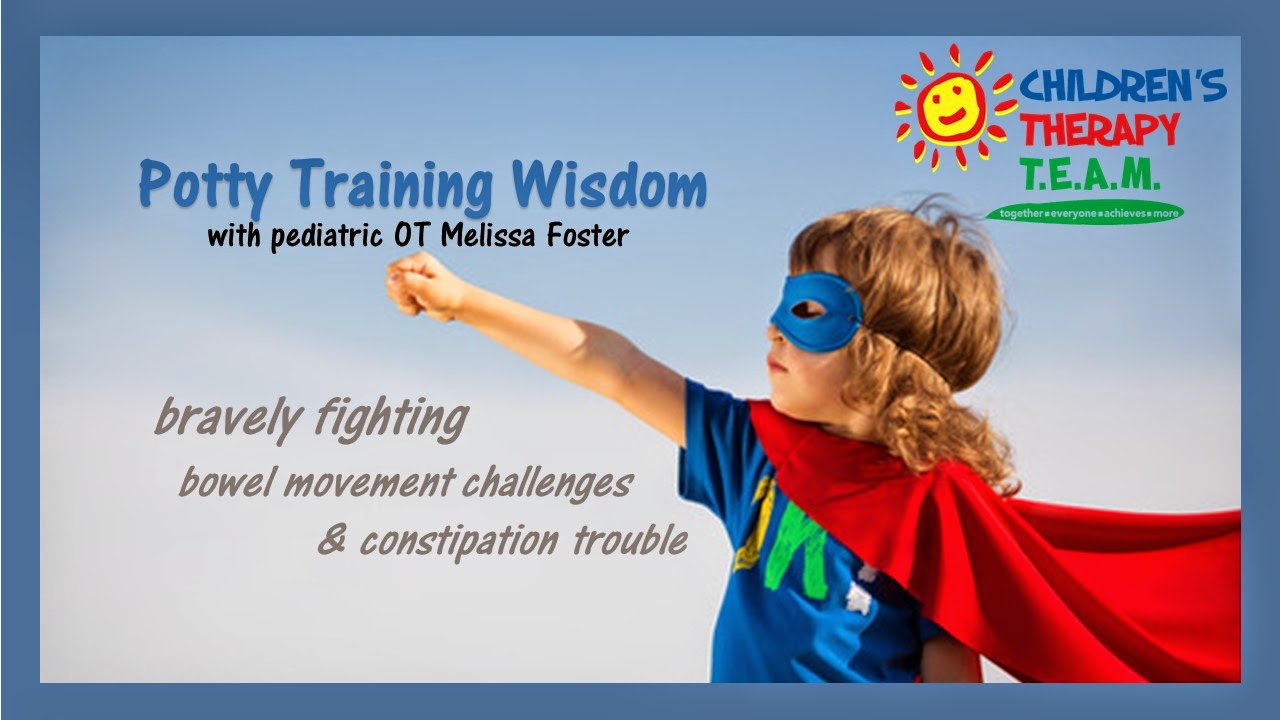 |
| image credit: Envato |
I have received many questions over the years concerning difficulties with helping children have bowel moments in the toilet. The concerns often sound something like this:
Melissa,
Our son still refuses to have a bowel
movement in the toilet. When we put him
in underpants, he will either simply use the underpants for a bowel movement,
or “hold it” and become horribly constipated.
Though I have seen issues surrounding bowel movements with many
“typically” developing children, boys with Autism tend to have
particular difficulty with this aspect of toilet training. A study published
in Pediatrics (February 2014) found that children with ASD have four times more
GI distress (constipation, diarrhea, & abdominal pain) than “neurotypical”
children. No wonder it can be so tricky
for these kiddos! It has been my
experience that little boys will often find success with urinating in the
toilet, but many of them have a whole new set of troubles when it comes to
bowel movements including:
- Withholding bowel movements and becoming constipated.
- Requesting that the caregiver change him into a diaper so that he can have a bowel movement.
- Only having bowel movements at night when they are changed from underpants into a pull-up.
- Not caring if they have a bowel movement “accident” in their underpants.
This area of difficulty is SO
common, and it seems that the reason for it is often multi-factorial
including:
- Fear of sitting on a standard toilet/potty seat.
- Fear of pain associated with previous bouts of constipation.
- Difficulty with wiping after bowel movements.
- Difficulty with managing clothing before and after bowel movements.
- Not wanting to take the additional time required to sit on the toilet.
So...with this many different
factors playing into the problem, there are many different ways to address the issue. As with most problems with raising
children, it is often best to attack this predicament from several different
angles. Here are a few ideas:
Adjust your child's diet
Sometimes simply adding
lots of water, juice, and fresh fruits is enough to prevent bouts of constipation.
Add fiber supplements or laxatives
Work with your pediatrician to make sure that your child does not become constipated. This may include adding fiber supplements or laxatives.
Develop a strong association between the bathroom and bowel movements
Allow
the child to be changed into a diaper for bowel movements if the child requests
this. However, encourage him to go into
the bathroom to have the bowel movement in the diaper. This will help him associate
that THIS is the room where people go potty.
Normalize this aspect of everyday life
Use
social stories, books, and TV shows to help your child understand that
“everybody poops”. It's normal and not something to be scared of or ashamed of. In my house, after this particular developmental learning stage passed, we then firmly established a new set of ground rules revolving around one idea: “We only talk about
poop in the bathroom!”
Reward every step
Take baby
steps toward sitting on the toilet with rewards for
every step of the way:
- Sit on toilet with clothes on (and even while holding a grown up's hand if this is still scary).
- Sit on toilet with underpants only.
- Sit on toilet with bare bottom.
- Sit on toilet using a timer for longer periods of time (start with a few seconds, then work up to a few minutes).
- Sit on toilet several times per day, particularly after meals, to help encourage accidental success.
Learn More
Consider attending the March 26, 2015 talk:
Resources:
Elizabeth Pantley's Potty Training Tips - Part 2: Poo Problems! (updated 2014). Super Nanny, retrieved February 2015 from supernanny.co.uk/.
Gastrointestinal Symptoms in Autism Spectrum Disorder: A Meta-analysis (2014). McElhanon, B., McCracken, C., Karpen, S., Sharp, W. Pediatrics, American Academy of Pediatrics, retrieved February 2015 from pediatrics.aappublications.org/
Gastro woes more common in kids with Autism: Review (2014). Brenda Goodman. Autism Spectrum Disorder Health Center, retrieved February 2015 from webmd.com.
Toilet Training Children with Special Needs (2014). American Academy of Pediatrics, retrieved February, 2015 from HealthyChildren.org.
Toilet Training. (2010). University of Michigan Resources on Child Development and Behavior Resources, compiled by Kyla Boyse and Kate Fitzgerald. Retrieved February 2014 from Med.umich.edu.
Did your child have difficulties with toilet training?
What solutions do you have to share? We would love to hear from you!
email: share@childrenstherapyteam.com
